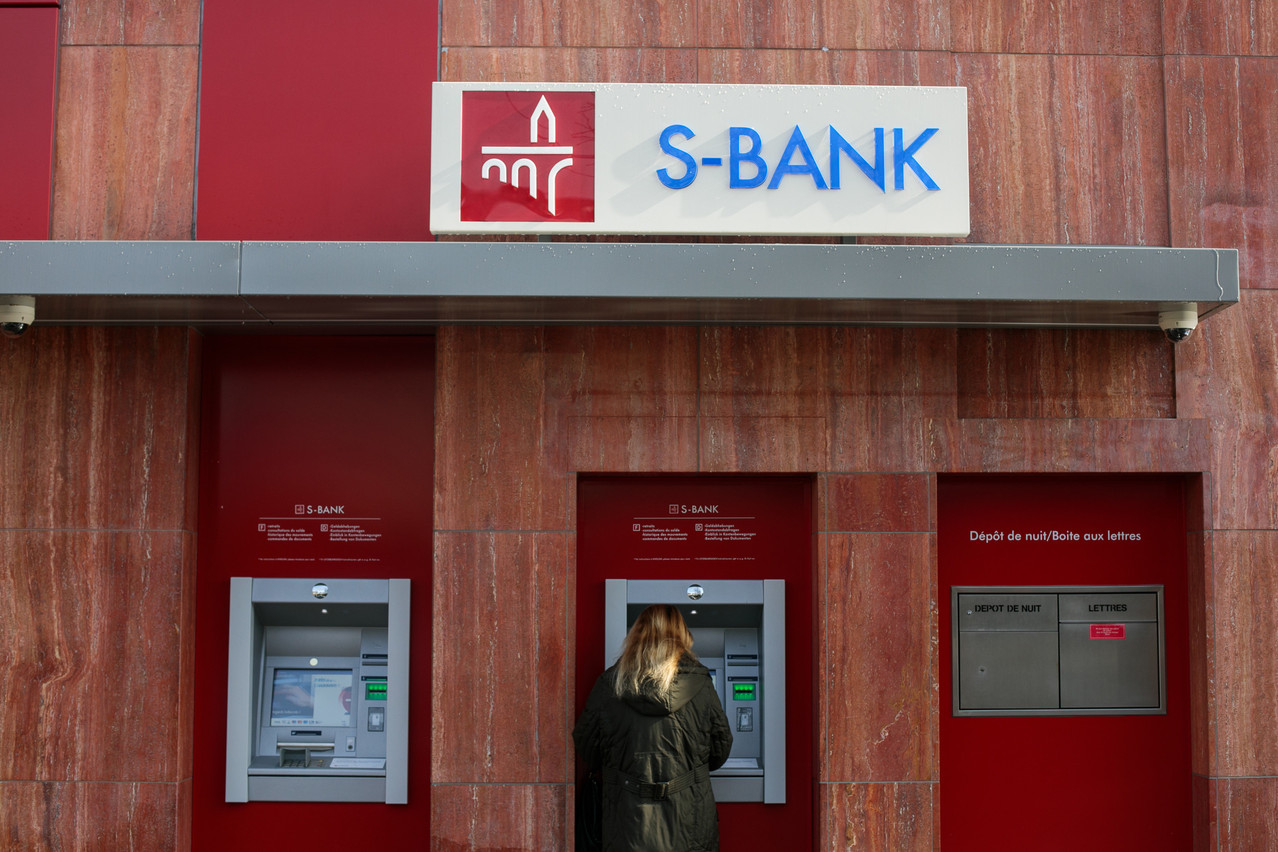The programme (UNEP FI) aims to align loan and investment portfolios to net zero by 2050 or earlier. The alliance represents over a quarter of global banking assets, counting 63 members from 31 countries and total assets of $40trn.
“We see ourselves as a transition enabler. Our mission is to make our customers aware of energy challenges and to support them in their energy efficiency projects,” said Spuerkeess CEO François Thoma in a .
As part of signing up to the alliance, the bank commits to setting targets within 18 months of joining the alliance, including intermediate targets for 2030 in priority sectors with the most significant impact, taking into account scientific evidence, and disclosing progress annually.
“We have put in place tolls that help facilitate the environmentally-friendly transition. By joining the Net-Zero Banking Alliance, we underline our commitment to contribute to the fight against climate change,” Thoma said.
The bank previously set up a scientific advisory board of 12 climate experts to enhance compliance with environmental, social and governance (ESG) criteria.
“Ahead of Cop26, we need to continue to mobilise the private sector to pave the way to net zero,” finance minister Pierre Gramegna said.
Luxembourg in February launched a with the aim to crowd-in the financial sector and provide support to the finance industry in its green transition. For example, it will help financial sector players carry out climate scenario analyses and establish monitoring frameworks.
However, environmental organisations have warned that the strategy risks as it does not set clear, measurable goals for the sector in its transition.
